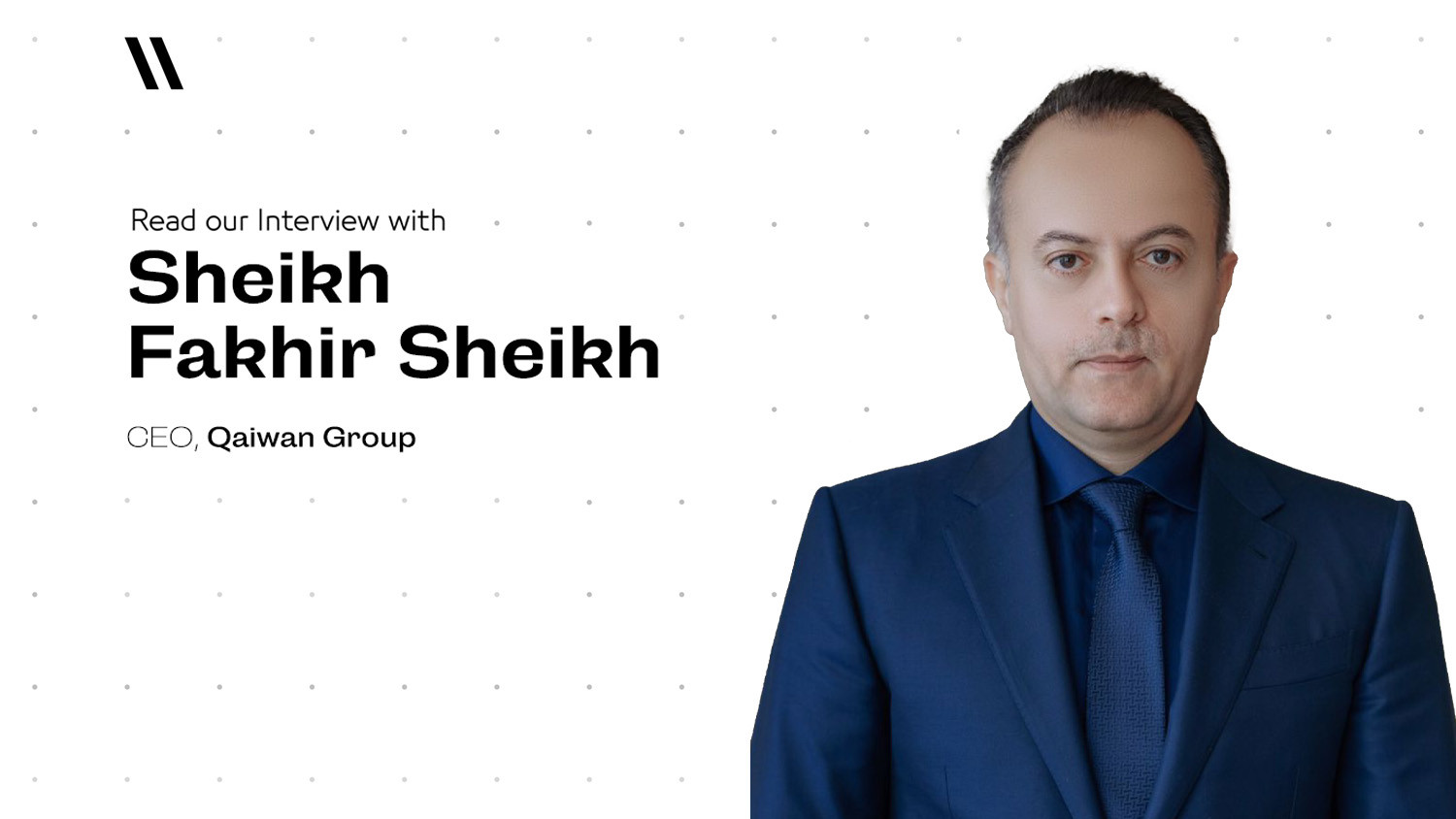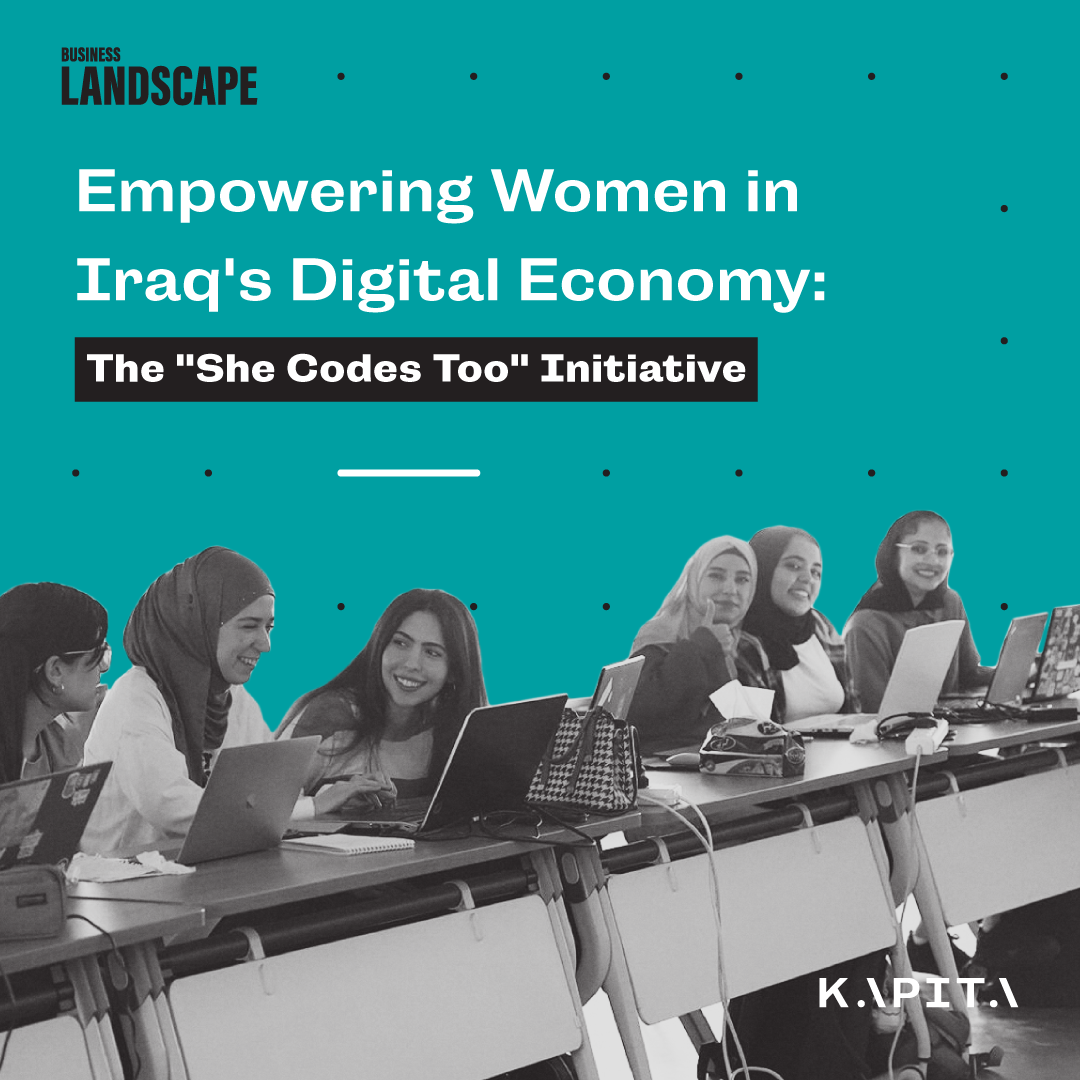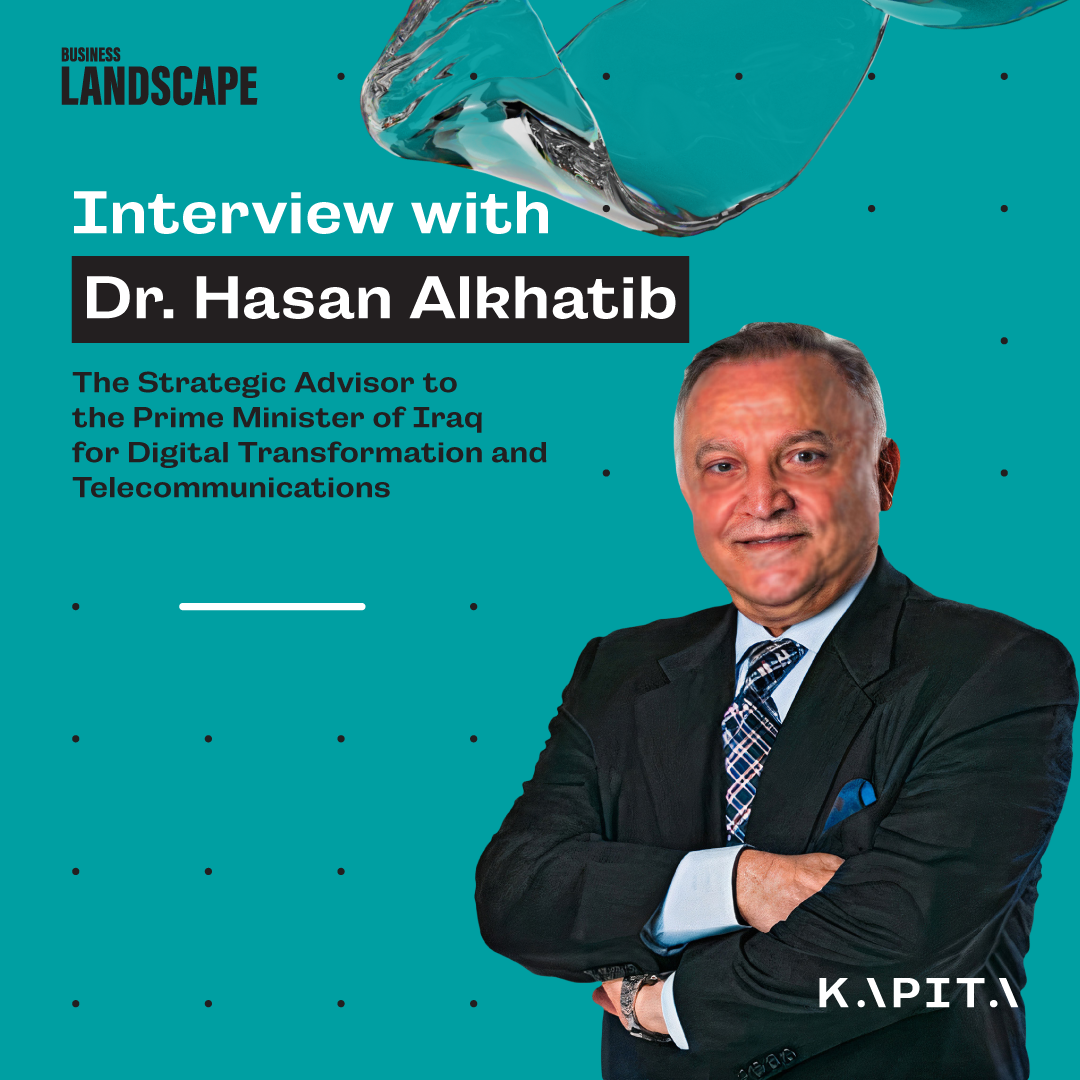
More Articles
Empowering Women in Iraq's Digital Economy: The "She Codes Too" Initiative
In today's fast-changing society, digital skills have become essential for navigating the modern world. As our societies and economies increasingly rely on... read more
Interview with Dr. Hassan Alkhatib
Dr. Hassan Alkhatib is the Advisor to the Prime Minister of Iraq for on technology infrastructure, projects, and digital transformation initiatives for... read more
Invest In Kurdistan: Overview of Priority Sectors
The Kurdistan Region of Iraq (KRI) is an autonomous region in northern Iraq, nestled at the crossroads of Europe, Asia, and the... read more
The Information and Communications Technology in Kurdistan Region: An Overview of Digital Skills, Sectors, and Investment Opportunities
Situated in the northern part of Iraq, the Kurdistan Region comprises four provinces: Dohuk, Sulaymaniyah, Halabja, and Erbil (Hawler), the latter of... read more
Transforming University Education in Kurdistan, Iraq: Overcoming Challenges and Embracing Positive Change
Education in the Kurdistan region of Iraq has faced numerous challenges in the past, but it has been undergoing a significant transformation... read more
Pioneering University Roles: AUIS Leads the Charge for University Engagement in Iraq's Entrepreneurial Evolution
In an age of rapid technological advancement and global interconnectivity, the term 'entrepreneurship' is often heard echoing through business halls. This buzzword,... read more





